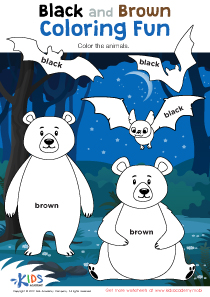English for Beginners Worksheets for Ages 3-7
144 filtered results
-
From - To
Discover our engaging English for Beginners worksheets designed for ages 3-7! Our carefully crafted resources foster foundational language skills through fun and interactive activities that captivate young learners. These printable worksheets cover essential topics, including vocabulary, simple sentences, and basic grammar, tailored specifically for early learners. Each worksheet promotes creativity and comprehension with colorful illustrations and easy-to-follow instructions. Perfect for teachers and parents alike, these materials can be used at home or in the classroom to support ESL learning and boost confidence in young English speakers. Start your child's journey to mastering English today with our dynamic worksheets!


Letter A Tracing Page
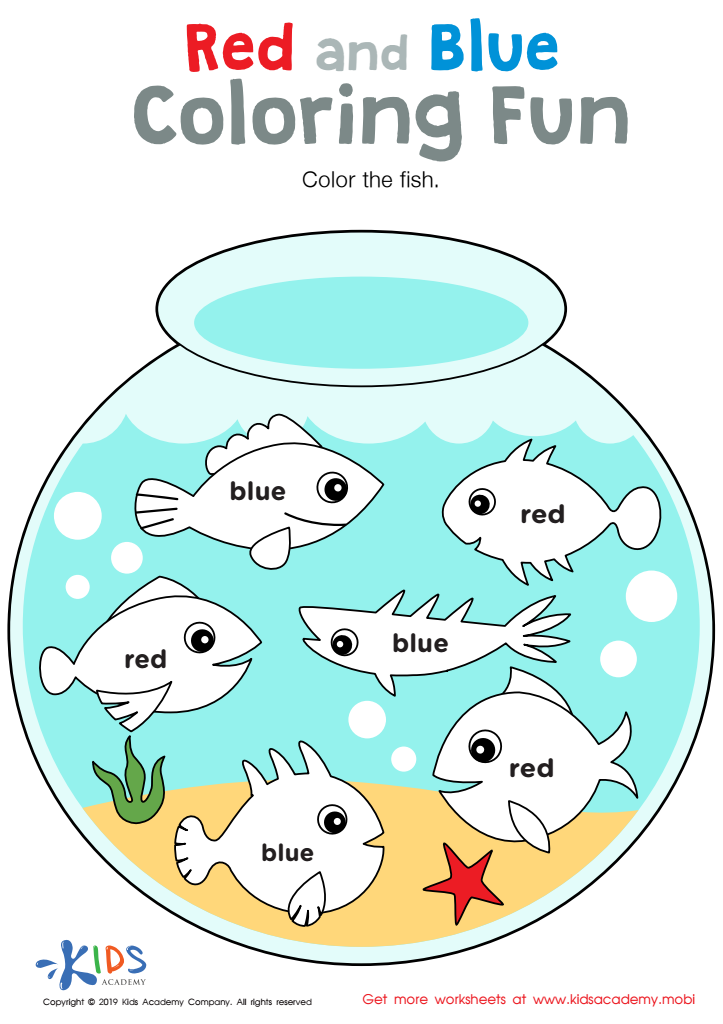

Red and Blue Coloring Fun Worksheet
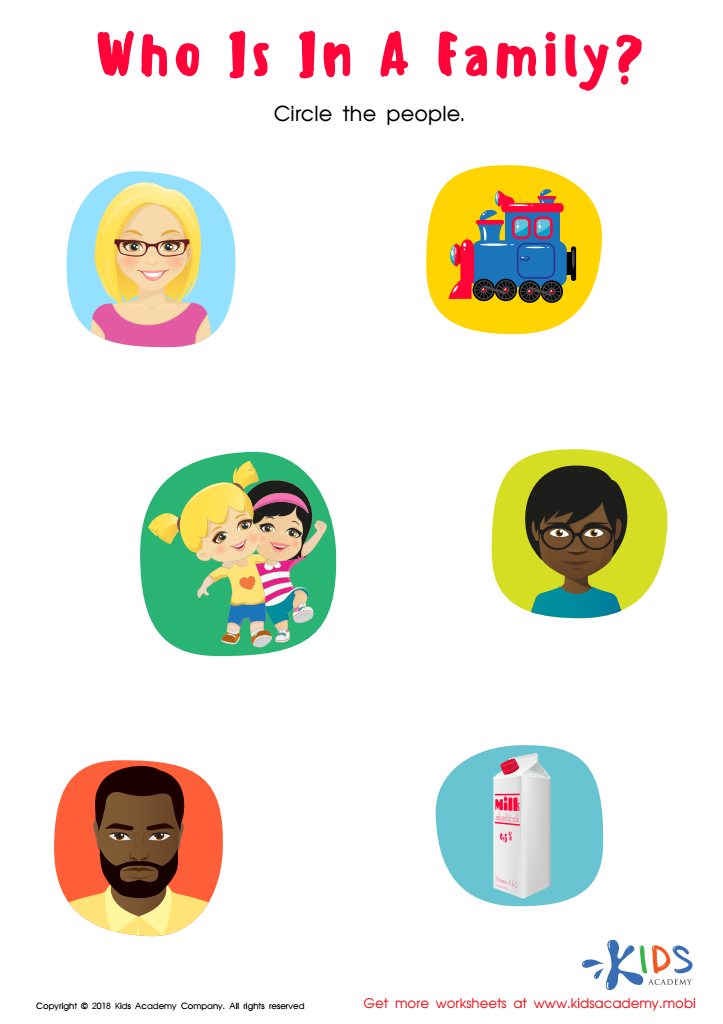

Who Is in a Family? Worksheet
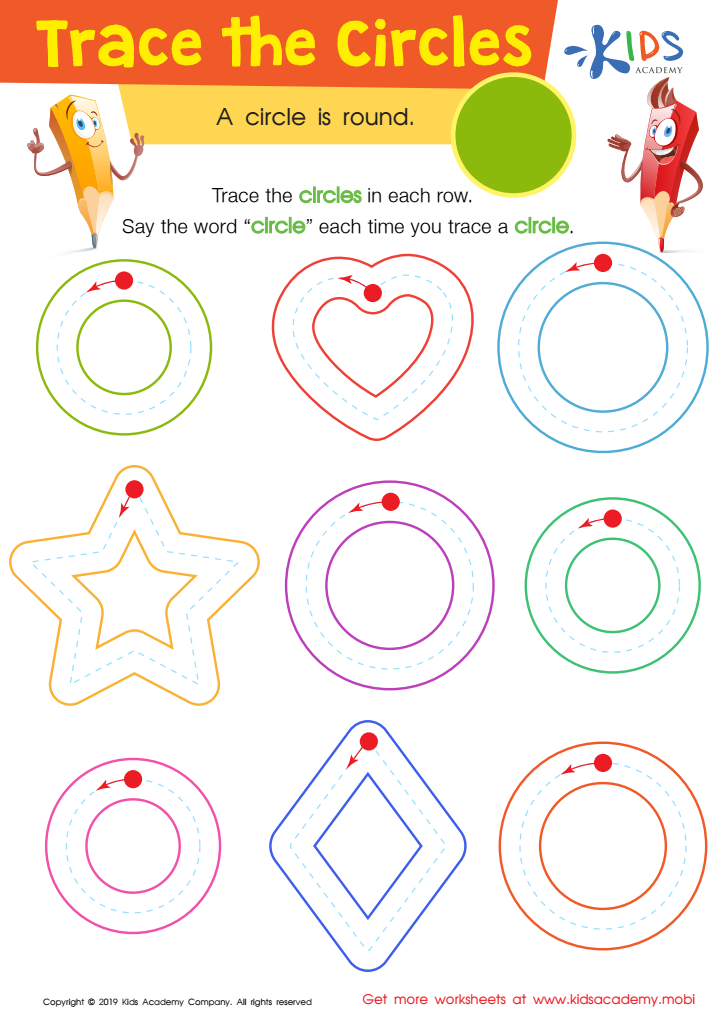

Trace The Circles Worksheet
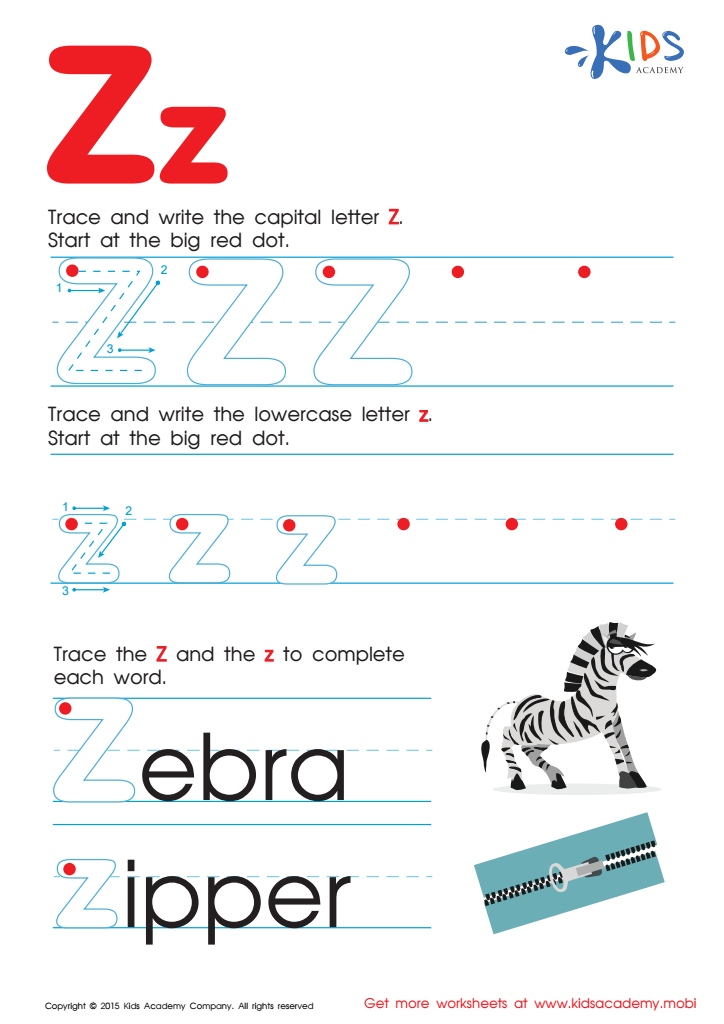

Letter Z Tracing Page


Letter E Coloring Sheet
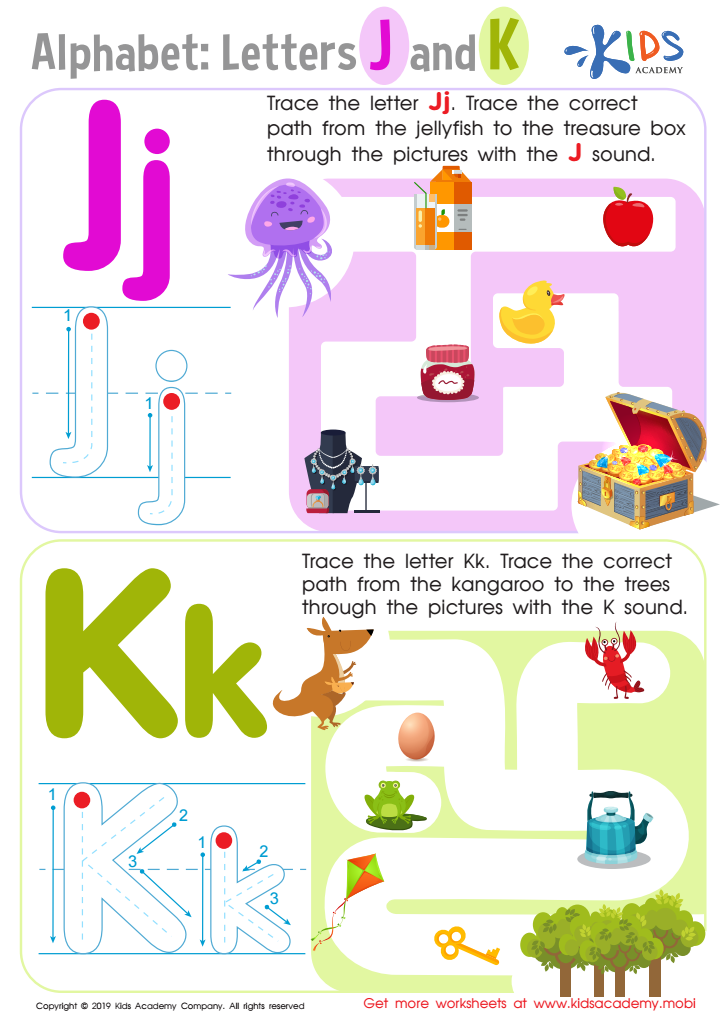

Letters J and K Tracing Worksheet
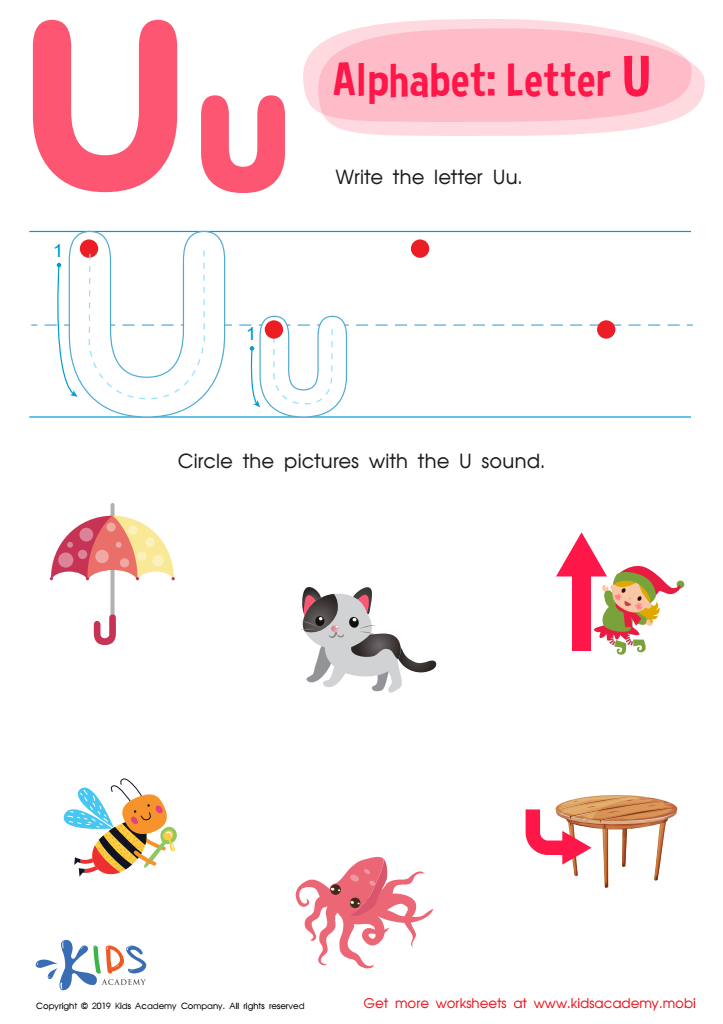

Letter U Tracing Worksheet
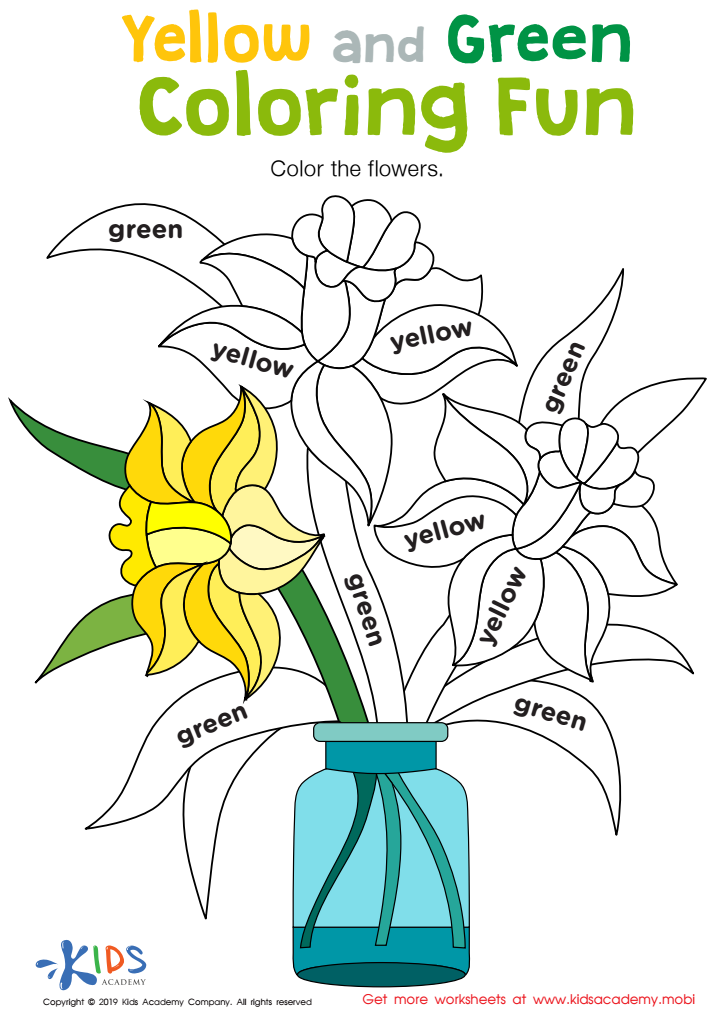

Yellow and Green Coloring Fun Worksheet
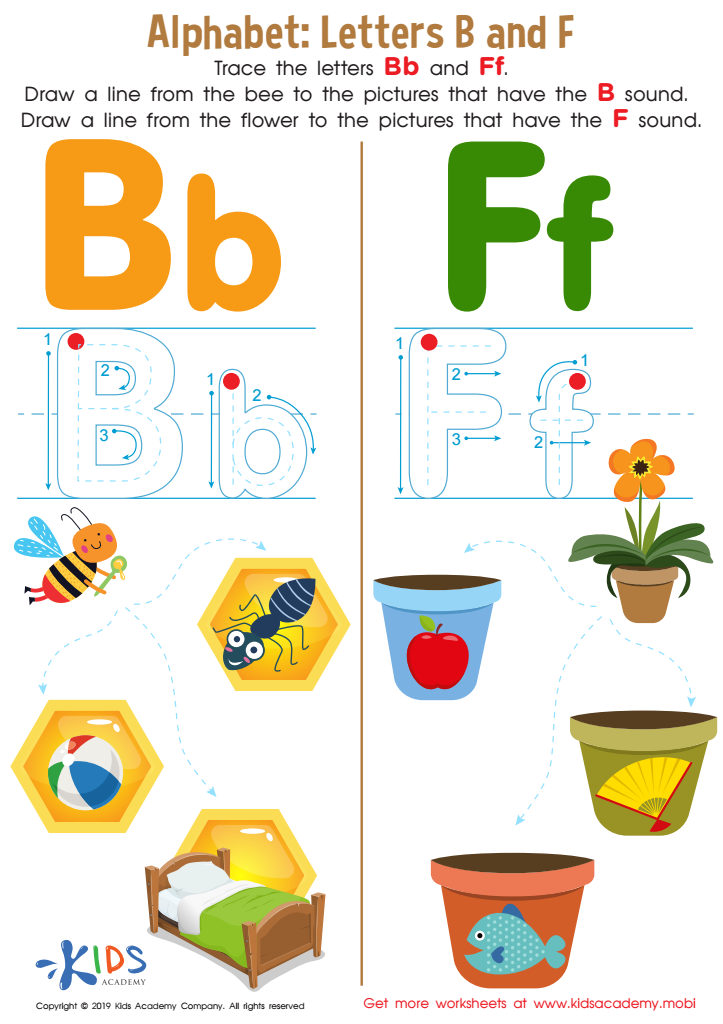

Letters B and F Tracing Worksheet
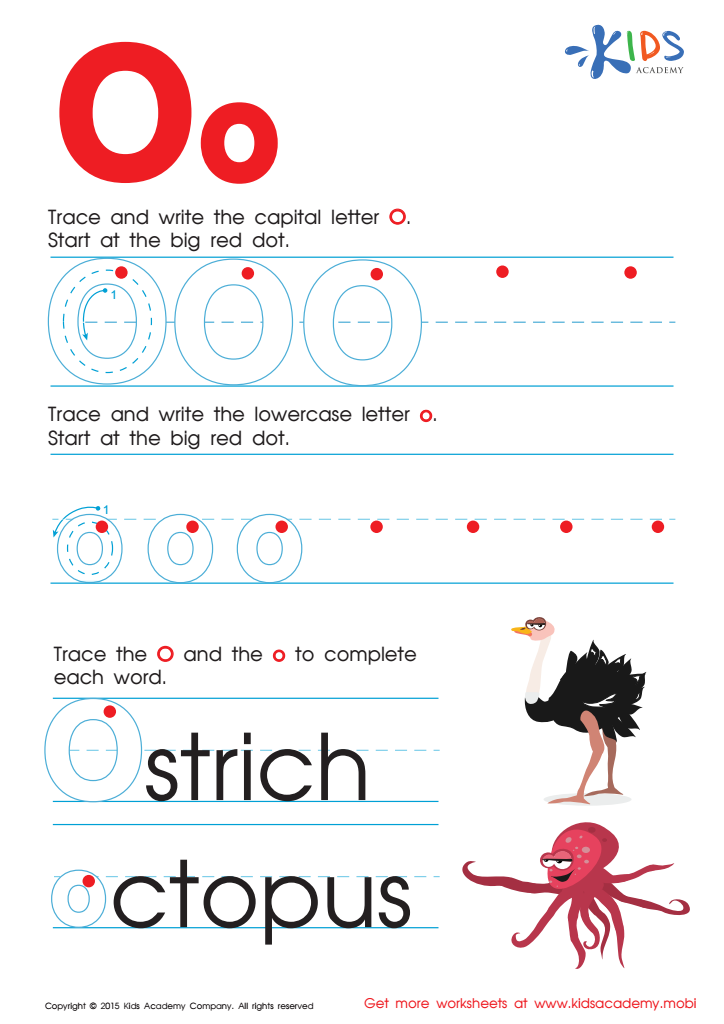

Letter O Tracing Page
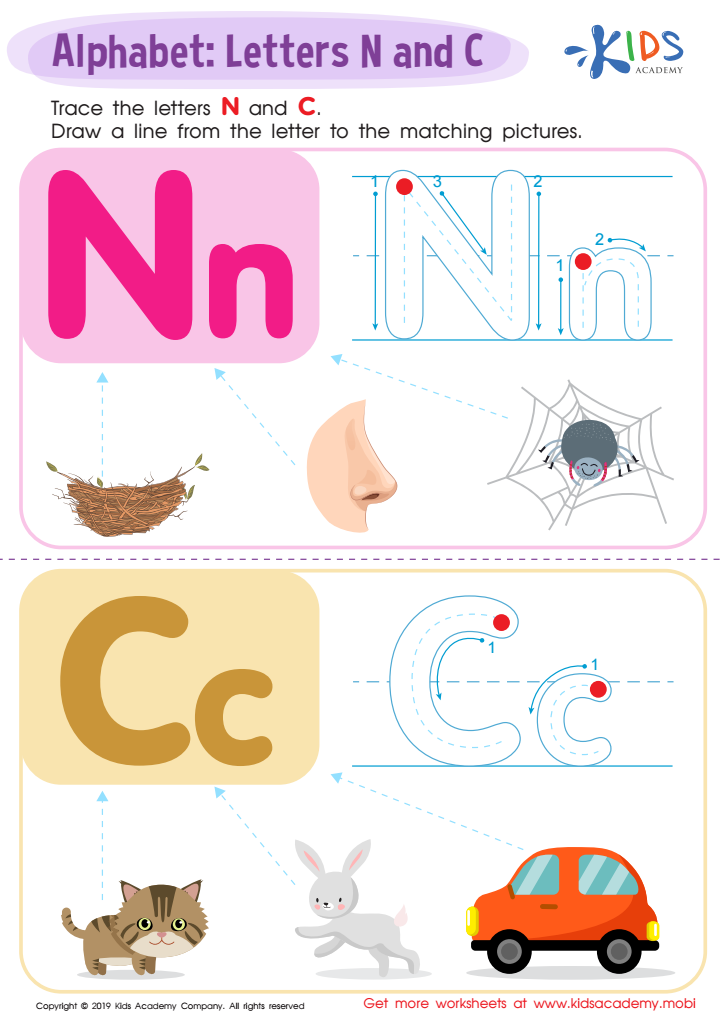

Letter N and C Tracing Worksheet


Letter R Tracing Page


Letter X Tracing Page
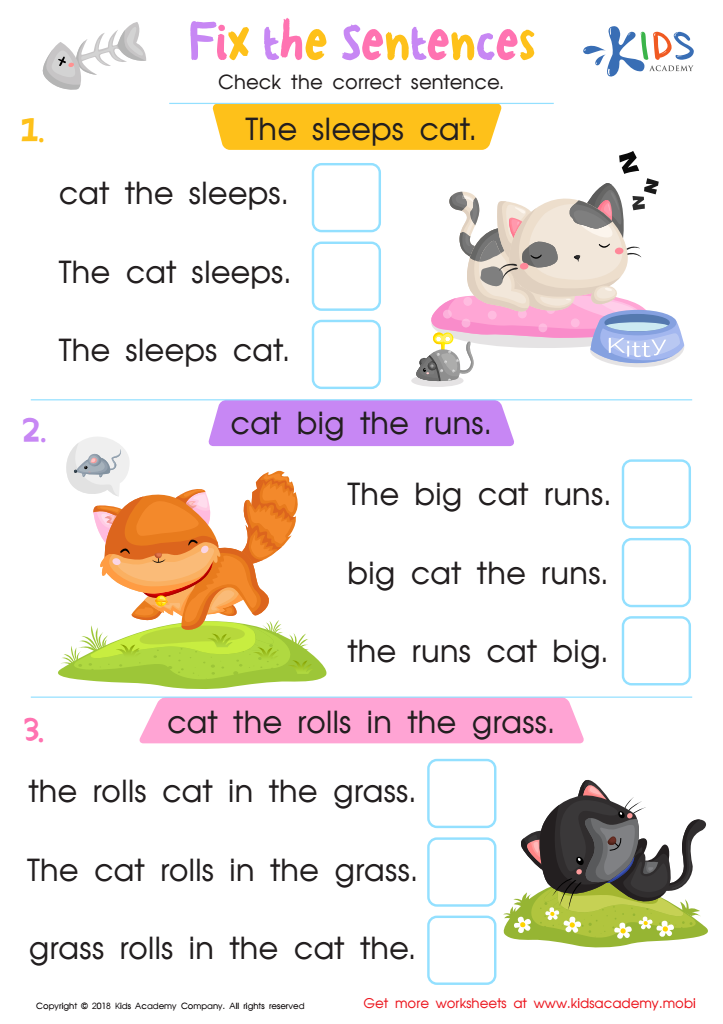

Fix the Sentences Worksheet


Letter P Tracing Page
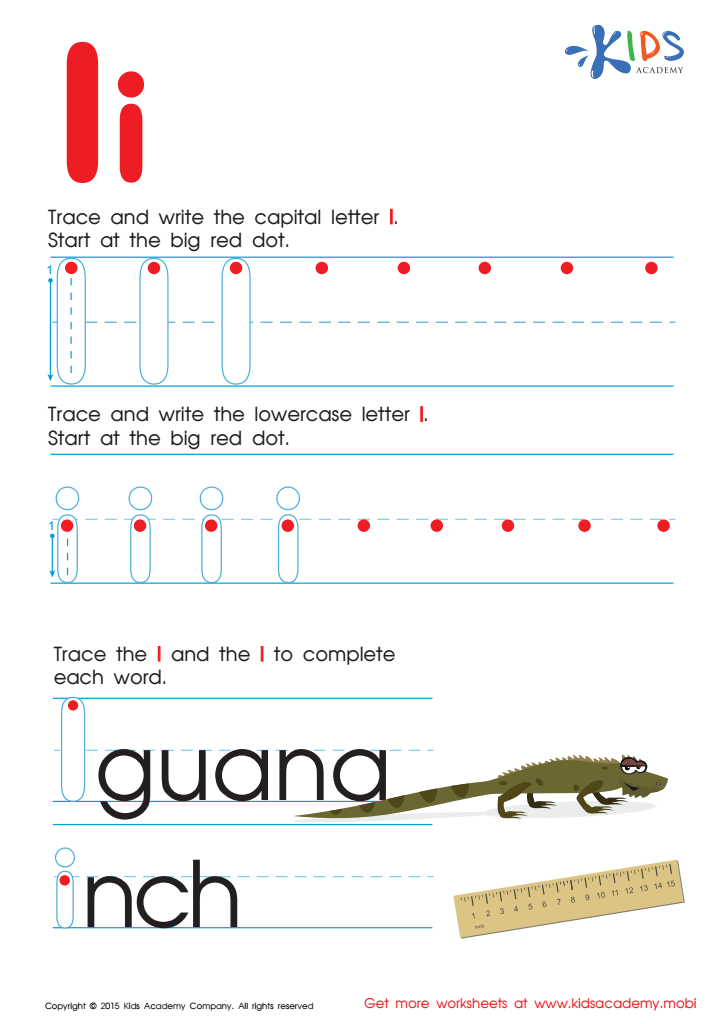

Letter I Tracing Page
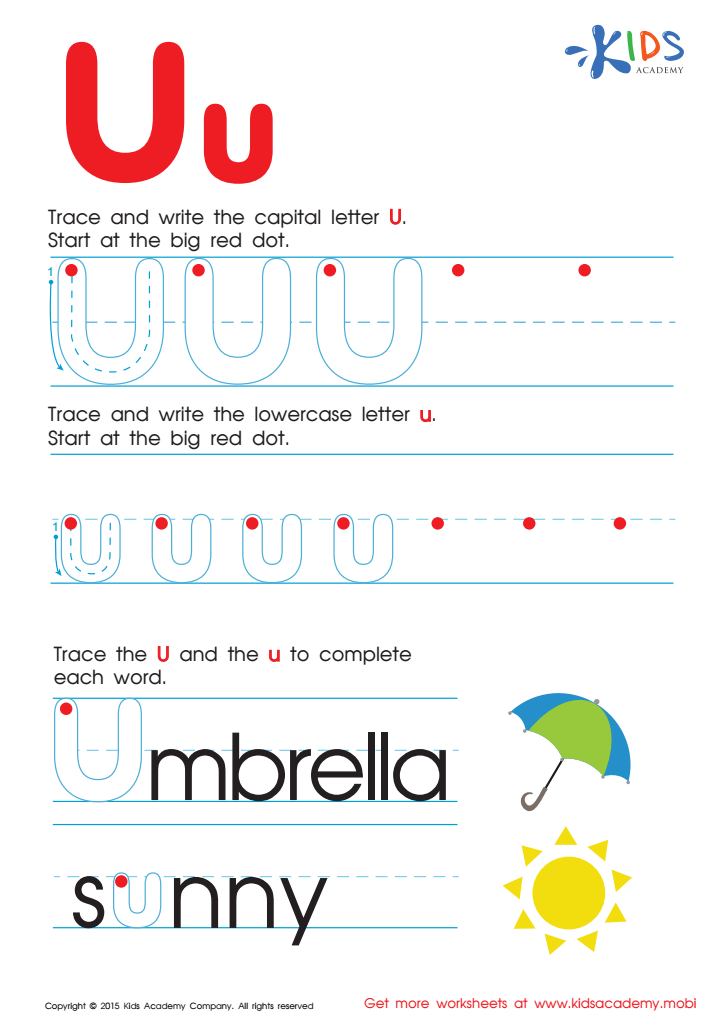

Letter U Tracing Page
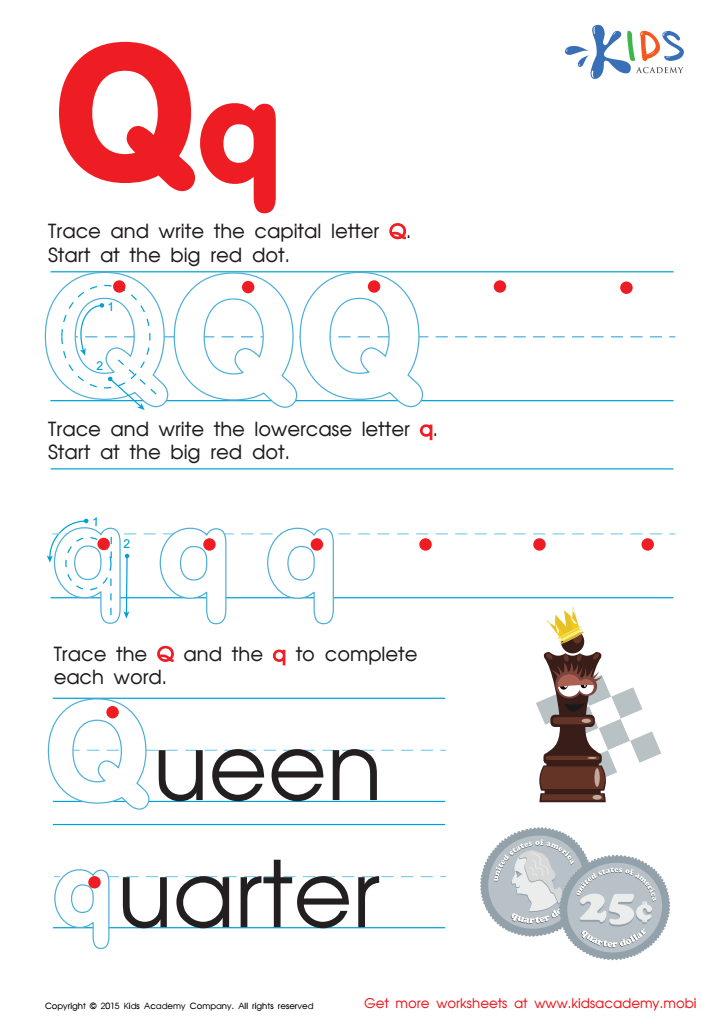

Letter Q Tracing Page
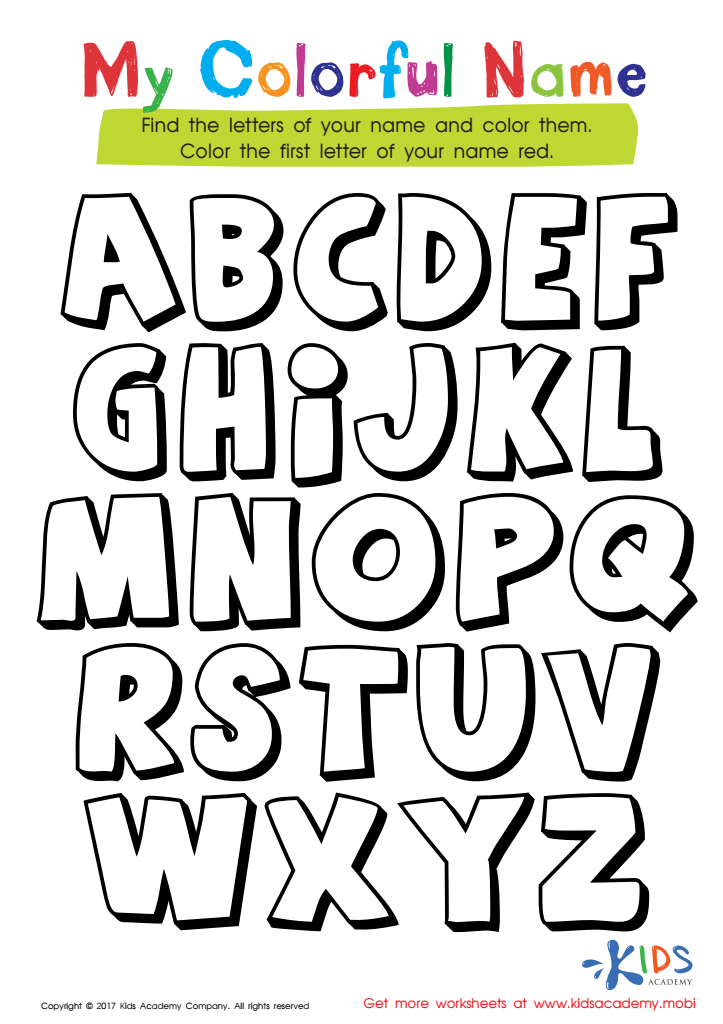

My Colorful Name Worksheet
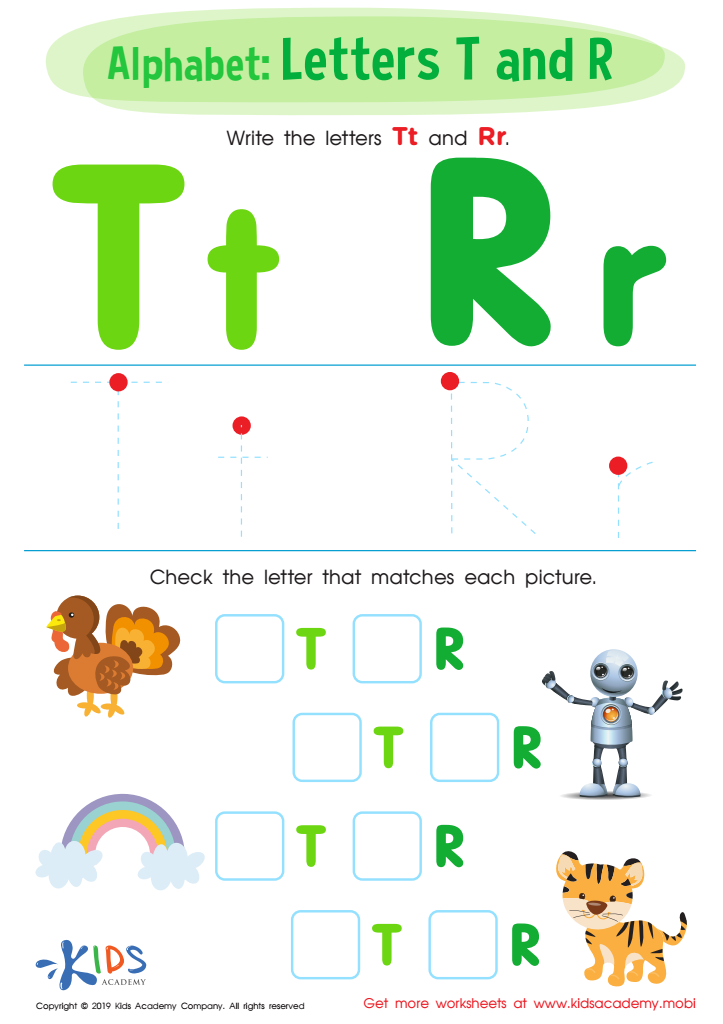

Letters T and R Worksheet
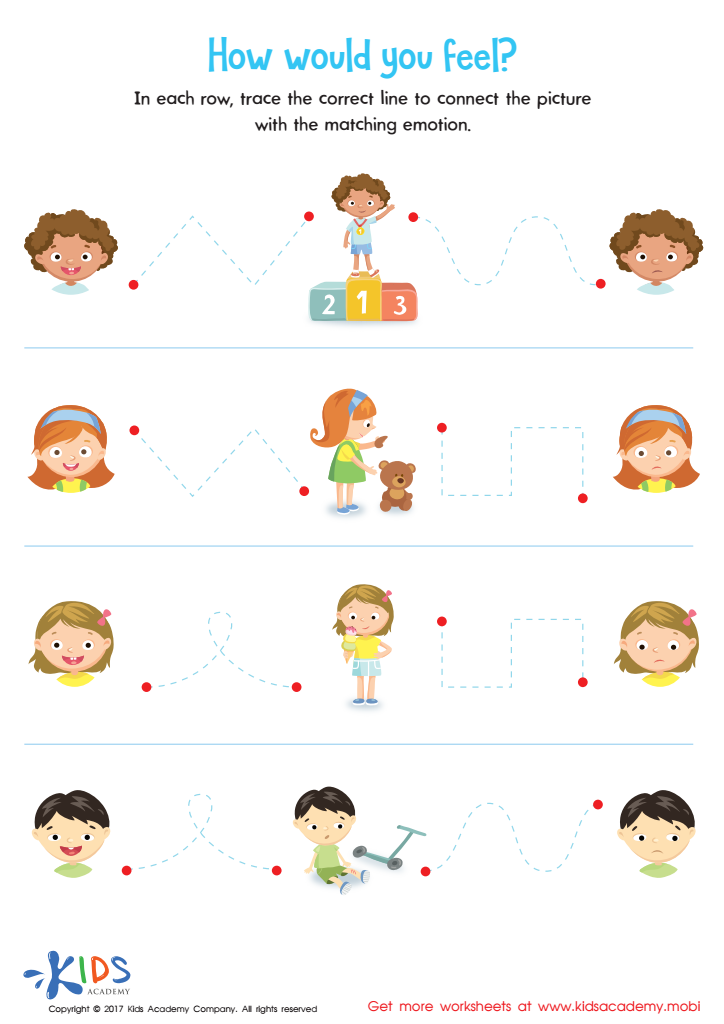

Feelings and Emotions Worksheet
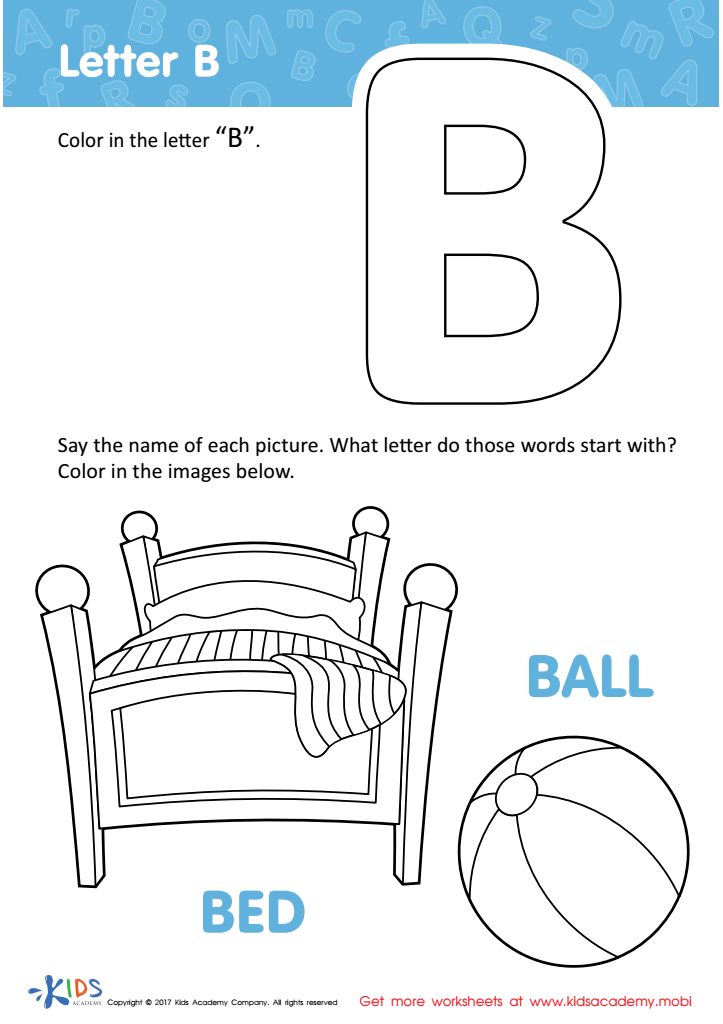

Letter B Coloring Sheet


Letter A Coloring Sheet
Parents and teachers should prioritize English for Beginners for children ages 3-7 because early literacy lays the foundation for lifelong learning. During these crucial formative years, children's brains are especially receptive to language acquisition, making it an ideal time to introduce them to English. Mastering basic language skills not only enhances communication but also boosts confidence, allowing children to express themselves effectively.
Additionally, English is a global lingua franca, and familiarizing children with the language early on can open doors to diverse cultures, literature, and educational opportunities. Building a strong vocabulary and understanding fundamental grammatical structures gives young learners the tools they need for future academic success.
Moreover, English for Beginners often incorporates enjoyable, engaging activities such as songs, games, and storytelling, transforming learning into a fun experience that fosters creativity and critical thinking. By fostering a positive relationship with language at an early age, parents and teachers can cultivate a lifelong love for reading and learning, setting children on a trajectory for success in both their academic and personal lives. Investing time and resources into teaching English at this young age ultimately contributes to a well-rounded education and helps children develop essential communication skills for the future.

 Assign to My Students
Assign to My Students








